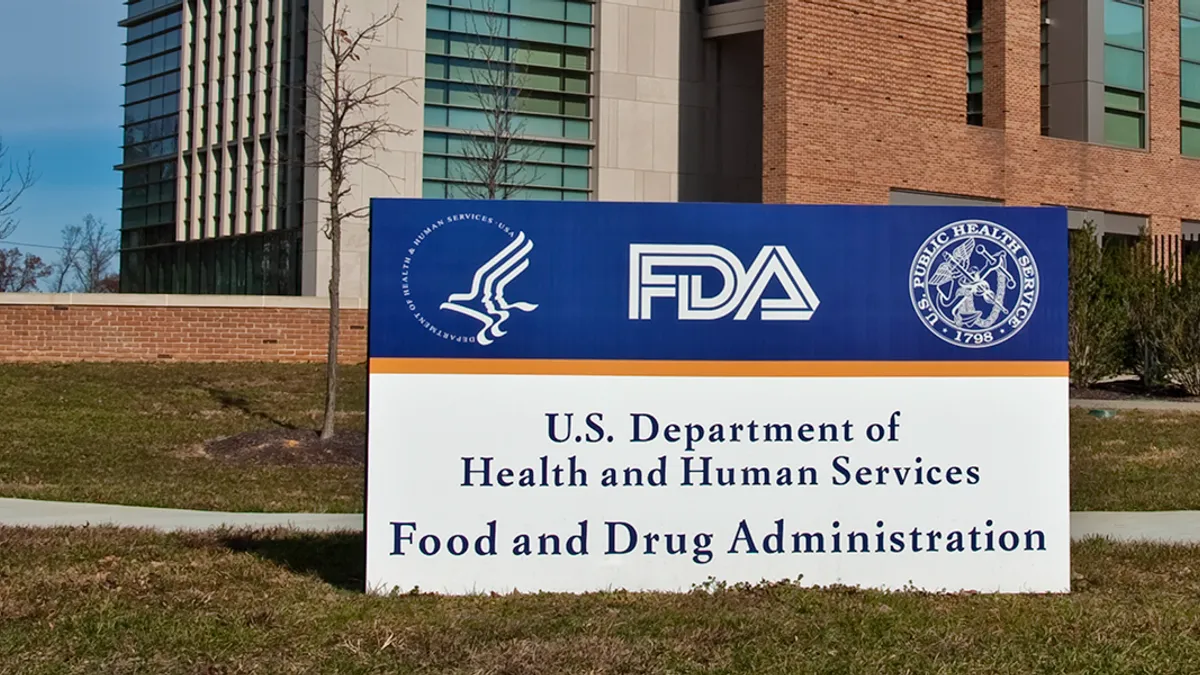Dive Brief:
- Tel Aviv-based SoniVie has received FDA's breakthrough device designation for its treatment for pulmonary arterial hypertension (PAH), a form of high blood pressure in the lungs, the company announced Friday.
- The device, called TIVUS, is an ultrasound catheter inserted into the pulmonary artery in a right heart procedure designed to ablate nerves associated with disease activity without damaging the vessel walls or adjacent tissues.
- SoniVie in May presented data at EuroPCR from a study of 23 PAH patients called the Treatment of Pulmonary Hypertension (TROPHY1) trial that the company said supported the safety of pulmonary denervation using TIVUS and suggested the procedure may improve blood flow and exercise tolerance.
Dive Insight:
PAH, in which obstruction in the small arteries of the lungs increases pressure in the vessels, is a rare condition affecting about 15 to 50 people per million in the United States according to the American Lung Association. The increased blood pressure over time can damage the heart.
Patients typically receive medications to treat PAH. SoniVie's device is the first treatment to use high-frequency non-focused ultrasound energy to ablate nerves associated with PAH. The Israeli startup developed the device based on prior technology designed for renal denervation by Cardiosonic.
In May, the company appointed Charles Carignan as CEO. Carignan is a former CEO of Rex Bionics, BionX Medical Technologies and NinePoint Medical. He also previously held the post of chief medical officer at Novasys Medical and chief medical officer for endosurgery and minimally invasive therapies at Boston Scientific.
The TROPHY1 trial found no serious adverse events related to the device or procedure and showed improvements in pulmonary vascular resistance, mean pulmonary artery pressure, six-minute walk distance, daily activity and European Society of Cardiology (ESC) low-risk indicators compared with baseline assessments. The company has launched a clinical trial of the TIVUS device in Group 2 pulmonary hypertension patients and expects to begin a pivotal trial of the system in 2020.
In addition to gaining assistance from FDA that can accelerate the development and approval process, companies that receive the agency's breakthrough device designation now may also benefit from an alternative reimbursement system. In August, CMS finalized an alternative technology add-on pathway for breakthrough devices under its Inpatient Prospective Payment System for fiscal 2020.
Medtronic is also targeting the PAH market. The device maker last year won FDA approval for an implantable system that delivers the drug Remodulin (treprostinil) developed by United Therapeutics.










